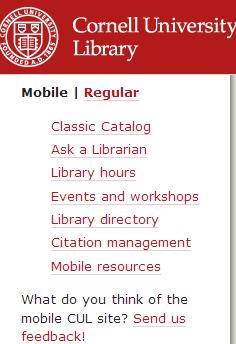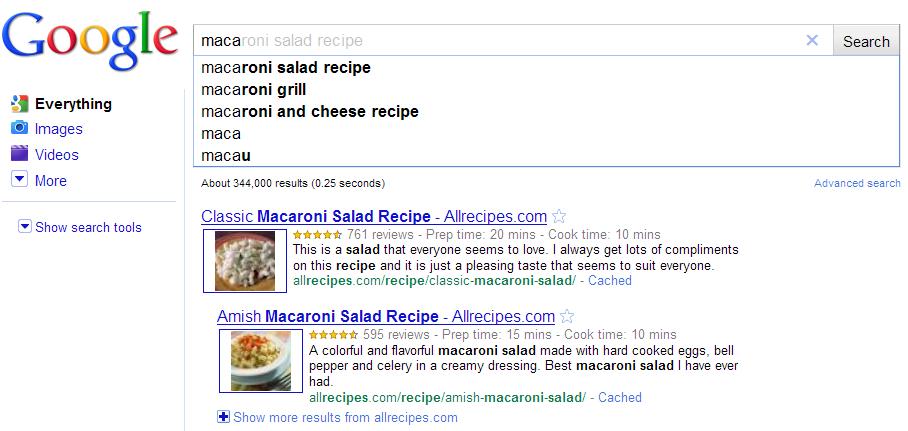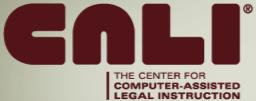 Beginning September 13 you’ll notice an additional link when you sign on to Westlaw at http://lawschool.westlaw.com. WestlawNext (WLN) debuts at Cornell Law School on Monday, and it is the newest platform for the Westlaw research service. WestlawNext was years in development, and West is hoping that it will make legal research easier. One of the goals of WLN is to make the legal research experience more Google-like. The interface has been streamlined and takes on the look one often sees on the free web. You no longer need to select a database and search queries can be kept simple. West claims that they have developed the “world’s most advanced legal search engine” based on their editorial enhancements, Key Number taxonomy, and state-of-the-art search technology. They have created a dashboard for navigation and users may create folders into which they can drag and drop documents for future access.
Beginning September 13 you’ll notice an additional link when you sign on to Westlaw at http://lawschool.westlaw.com. WestlawNext (WLN) debuts at Cornell Law School on Monday, and it is the newest platform for the Westlaw research service. WestlawNext was years in development, and West is hoping that it will make legal research easier. One of the goals of WLN is to make the legal research experience more Google-like. The interface has been streamlined and takes on the look one often sees on the free web. You no longer need to select a database and search queries can be kept simple. West claims that they have developed the “world’s most advanced legal search engine” based on their editorial enhancements, Key Number taxonomy, and state-of-the-art search technology. They have created a dashboard for navigation and users may create folders into which they can drag and drop documents for future access.
Perhaps the most significant distinguishing feature of WLN is that much of the research process is handled behind the scenes. This may make research faster and easier in some instances, or seemingly so, but it also wrests control from the researcher. So, give it a try. Do some sample searches to compare it to the current iteration of Westlaw. Is WLN a better system?
Some things to know: Westlaw will be here on Monday the 13th to promote the rollout of WestlawNext. Current Westlaw will still be available, and you will use your same username and password to access WLN. Also, be aware that you will not be able to print to the dedicated printers from WLN. Of course, you will be able to e-mail, download, and print to an attached printer.
If you have questions, let us know.
 In a move designed to make online information more accessible to library patrons, Cornell University Library (CUL) recently launched CULite, a new mobile interface for the library’s website. The Law Library is grateful to the mobile team that designed this feature for the benefit of all libraries on the Cornell campus, including ours.
In a move designed to make online information more accessible to library patrons, Cornell University Library (CUL) recently launched CULite, a new mobile interface for the library’s website. The Law Library is grateful to the mobile team that designed this feature for the benefit of all libraries on the Cornell campus, including ours.




